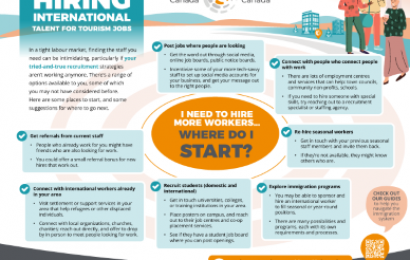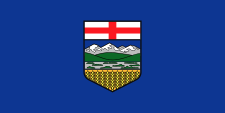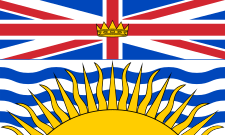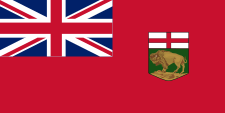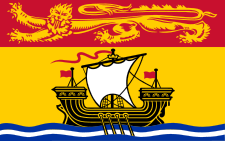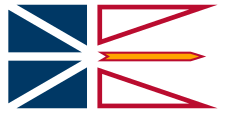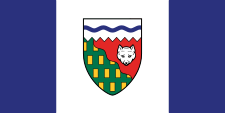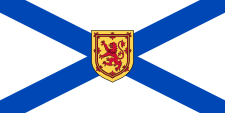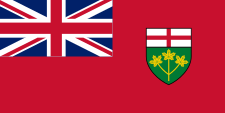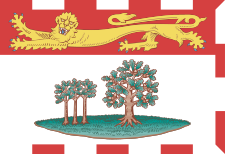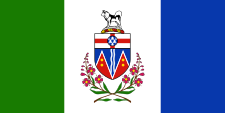Immigration Hub
New Canadians fill nearly a third of tourism jobs
Immigrants are significantly represented in Canada’s tourism workforce. In 2023, Labour Force Survey data showed there were 2 million people in the tourism workforce; landed immigrants accounted for 32%. Of note, the food & beverage services industry is a top employer of newcomers: landed immigrants made up more than 1/3 of its workforce.
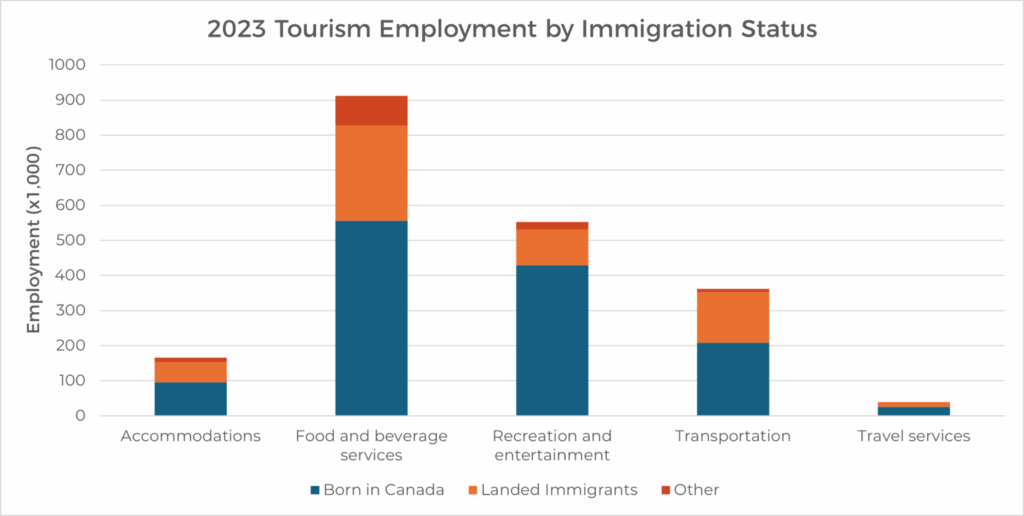
Tourism Workforce Immigration Strategy
Track policy changes and advise on policy impact
Secure a reliable supply of immigrant workers to fulfil sustainable demand
Provide guidance and advice on immigration-related enquiries
Create resources and tools to attract and retain qualified talent
Promote diversity, equity, and inclusion
Latest Research
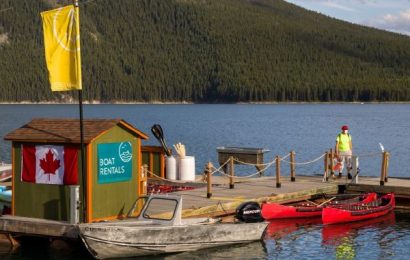
The Role of Immigration Policy in Addressing Labour Shortages in the Tourism Sector
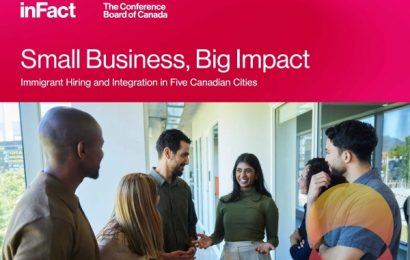
Small Business, Big Impact: Immigrant Hiring and Integration in Five Canadian Cities

Centre for Business Insights of Immigration
Federal Immigration News
Canada invests in Francophone communities and helps build their future by attracting top global talent
November 27, 2025—The Honourable Lena Metlege Diab, Minister of Immigration, Refugees and Citizenship, announced an investment of approximately $3.6 million to support four new projects funded by the Francophone Immigration Support Program (FISP). Several of these initiatives aim to facilitate the immigration of Francophone and bilingual candidates to support the growth of Francophone minority communities.
Canada invests in services to support economic integration and fill labour market shortages
July 23, 2025—The Honourable Lena Metlege Diab, Minister of Immigration, Refugees and Citizenship, announced more than $3.2 billion over three years across more than 520 organizations outside Quebec to improve the integration of newcomers, including into the job market and to reduce labour shortages. Funding will be provided to local organizations to deliver tailored services that recognize regional considerations and needs.
Update on field of study requirement for post-graduation work permits
July 4, 2025—To be eligible for a post-graduation work permit (PGWP), international students in non-degree programs (programs other than bachelor’s, master’s or doctoral degrees) must complete a program in an eligible field of study linked to jobs in long-term shortages, such as those being prioritized under Express Entry.
Additional information about the Strong Borders Act
June 17, 2025—Further information is being provided to clarify the immigration‑related items in the Government of Canada’s announcement on strengthening border security. As stated in the Speech from the Throne, the Government is committed to rebuilding Canadians’ trust in the immigration system by prioritizing balance.
The Government of Canada is investing more than $9.3 million to support Francophone minority communities
Canada extends some temporary measures for Ukrainians
Canada launches Rural and Francophone Community Immigration pilots
New International Student Program regulations take effect
Government of Canada reduces immigration
TFW Program Policies Now Available on Open Government Portal
Employer Resources and Toolkits
From navigating various immigration programs to tips on attracting and retaining internationally trained workers, these trusted resources will help employers at every stage of their journey to hire international talent.
Service Provider Organizations
Pre-Arrival Services
Immigration, Refugees and Citizenship Canada (IRCC) offers services to assist those preparing to move to Canada, from general information about life in Canada to settlement services to employment and mentoring services.
Newcomer Services in Canada
Economic Mobility Pathways Pilot Partners
Provincial/Territorial Immigration Agencies
Contact Us
Connect with us for enquiries, feedback, and collaboration: email info@TourismHR.ca.

